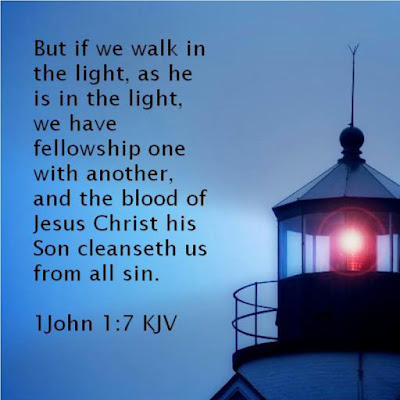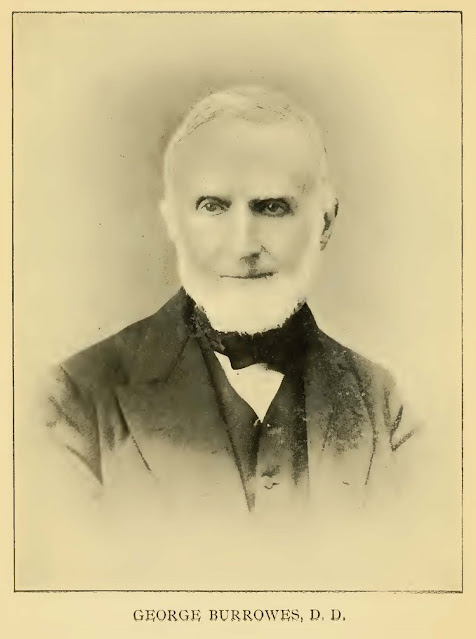Posts
Showing posts from June, 2022
The Ordinary Leads to Redemption
- Get link
- Other Apps
Spiritual Growth by A. W. Pink, Part 18
- Get link
- Other Apps
Estifanos of Gwendagwende – Reformer and Martyr
- Get link
- Other Apps
GEORGE BURROWES: THE CHRISTIAN LIFE IS A SERIES OF REVIVALS
- Get link
- Other Apps
C.H. Spurgeon: The LORD's "Much More"
- Get link
- Other Apps
James F. Armstrong, Chaplain & Peacetime Pastor
- Get link
- Other Apps
Spiritual Growth by A. W. Pink, Part 17
- Get link
- Other Apps
WHAT IS SO SPIRITUAL ABOUT CHURCH GOVERNMENT?
- Get link
- Other Apps
Bavinck: The Covenant of Grace in the OT
- Get link
- Other Apps
Spurgeon's Daily Checkbook: 'A Shepherd Secures Them'
- Get link
- Other Apps
B.B. WARFIELD: WE ARE CALLED "NOT TO UNSELFING OURSELVES, BUT TO UNSELFISHING OURSELVES"
- Get link
- Other Apps
Spiritual Growth by A. W. Pink, Part 17
- Get link
- Other Apps
A Call to Retrieving Trinitarian Orthodoxy: What the Church Can Learn from Basil of Caesarea
- Get link
- Other Apps
The Necessity of Doctrinal Standards
- Get link
- Other Apps
Spiritual Growth by A. W. Pink, Part 16
- Get link
- Other Apps
















